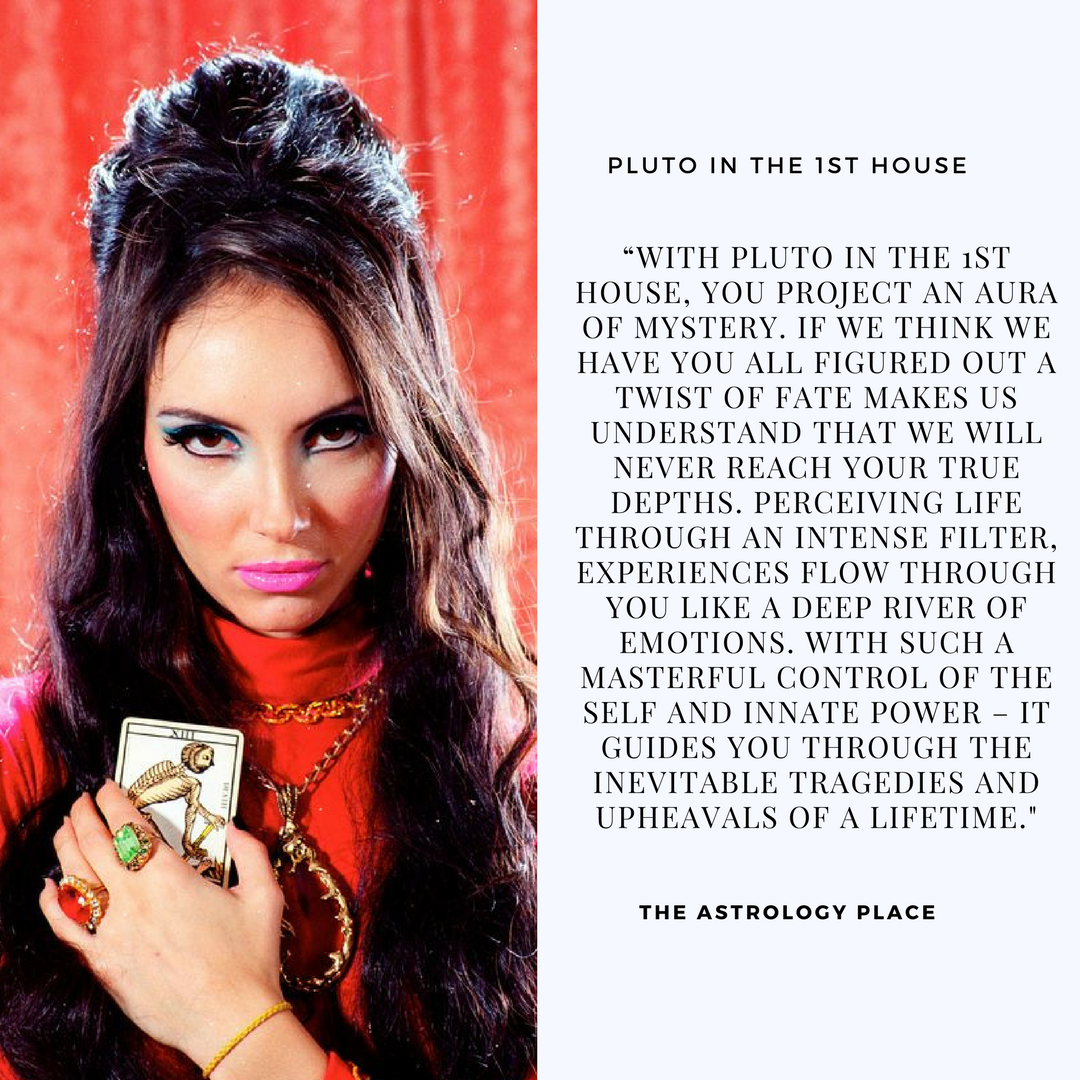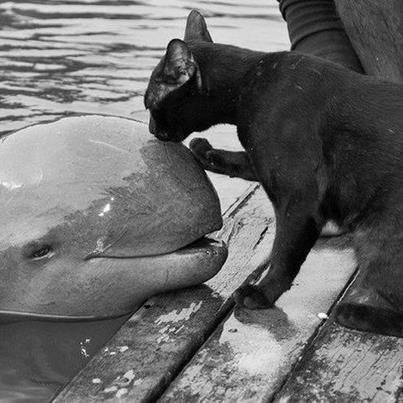
Pluto, as an astrological planet, is often linked to transformation, regeneration, and the depths of the subconscious. Its energy is profound and involves deep, often hidden, aspects of our lives. When we consider the tarot deck, the Death card is associated with Pluto. This card does not signify physical death but rather represents a big change in our lives or the end of one phase of life, making way for a new beginning. Pluto’s influence can feel like a deep and sometimes challenging process of change, much like the Death card’s message.
When Jupiter and Pluto are connected in a birth horoscope or come together during a transit, it can mark a significant period in an individual’s life. This can amplify the transformative and expansive energies of both planets. This often leads to a turning point in a person’s destiny. However, it’s essential to recognize that the outcome isn’t predetermined to be either purely “beneficial” or “unfortunate.”
The Wheel of Fortune in the tarot also emphasizes the cyclical nature of life. It reminds us that our destinies can shift in unexpected ways. Just like the wheel in the tarot card, our circumstances can improve, but they can also decline. It’s a symbol of life’s uncertainties and the importance of being open to change, no matter which direction it takes.
In essence, the Jupiter-Pluto connection highlights the complexity of fate and fortune. It shows that deep transformations and opportunities can occur simultaneously, and the outcome depends on various factors, including one’s choices and responses to these cosmic influences. Life isn’t solely about good or bad luck but rather a continuous cycle of growth, change, and evolution, as symbolized by the Wheel of Fortune.
The image of the wheel itself is a profound one, for the moving of the wheel is like the panorama of life which we encounter; but the hub remains still at the centre, a constant and unchanging essence. The hub is like the hidden self which ‘chooses’ (although it is no choice of the conscious ego) to turn itself toward various situations, events, paths and people. Fate does not come to meet us; rather, we turn to meet our fate. Thus the Wheel of Fortune is more than a significator of change. It is the herald of a profound inner journey through which the Fool, the image of ourselves, radically comes to terms with his own destiny. Astrology of Fate
Before the discovery of Pluto, astronomers referred to the unknown body as Planet X, and this might have something to do with uncovering our hidden treasures and inner resources. Astrologer James R Lewis in The Astrology Book: The Encyclopedia of Heavenly Influences has some interesting ideas surrounding the planet’s original nickname.
Astrologers have not generally considered, however, how alternative names – or especially, older, abandoned ones – might shed light of the meaning of the celestial body. Pluto for example, is associated with X-rays, sex, (Which in contemporary society, is x-rated), and the unearthing of what is hidden (as in the X marks the spot in treasure maps). These are all meanings of Pluto that could have been derived from reflection on the significance of the “X” in the designation of planet X. “X” is also the symbol for multiplication (the Pluto principle of sex “multiplies”). In Roman numerals, “X” is the number 10. If the asteroid belt is considered to be the remains of a planet, Pluto is the tenth-outermost planet in the solar system. It was also the tenth celestial body to be included in the delineation of astrological charts. Additionally, “X” is the common designation for Christ (as in Xmas), which links Pluto with the redemptive drama central to Christianity: Christ’s death on the cross (another “X”), followed by his resurrection (death and rebirth are both ruled by Pluto).
1. X-Rays and Unearthing the Hidden: Pluto’s association with X-rays and the idea of unearthing what is hidden relates to the concept of revelation and discovery. In the context of fortune and fate, this can be seen as a metaphor for uncovering hidden aspects of one’s life or destiny. Just as X-rays reveal what is beneath the surface, in life, we often encounter unexpected opportunities or challenges that were previously hidden, shaping our fate.
2. Sex and Multiplication: The connection between Pluto and sex, as well as the symbolism of “X” as a multiplier, suggests the idea of creation and the multiplication of life experiences. This links to the concept of fate, as the choices we make in matters related to sex and reproduction can profoundly influence the course of our lives. This aspect of Pluto’s symbolism highlights how our actions and decisions are intertwined with our destiny.
3. Roman Numeral “X” and Tenth Planet: The Roman numeral “X” is associated with the number 10, and Pluto is often referred to as the tenth planet in the solar system. In terms of fortune and fate, this connection highlights the idea of order and progression. Just as events in life can be seen as progressing in a specific order, Pluto’s position as the tenth planet highlights the idea that life unfolds in a structured and predetermined way, influenced by cosmic forces.
4. “X” as the Symbol for Christ and Redemptive Drama: The text draws a connection between “X” as the symbol for Christ and the redemptive drama central to Christianity. This links to the theme of fate and redemption. In various belief systems, redemption is often tied to one’s actions and choices, which can alter one’s ultimate fate. Pluto’s association with Christ’s death and resurrection underscores the transformative power of choice and the possibility of shaping one’s destiny.















